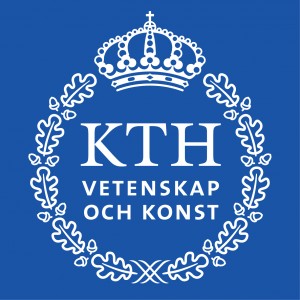Towards a Methodology of Modal Modeling for Science
Research project, running from 1/1/2019 - 31/12/2022, located at KTH, Stockholm
Scientists across many different areas make modal claims – in particular, they often make claims about what is and what isn’t possible. They argue that new substances are possible to synthesize, propose possible causes of phenomena, suggest that some future scenarios are possible while others are not, and so on. Can such modal claims be justified, and if so, how?
Although many important issues in disciplines ranging from fundamental physics, through climate science and synthetic biology, to economics and risk management, depend on modal claims, philosophers of science and scientists themselves offer surprisingly few answers when it comes to these questions of justification. But a common and presumably important strategy involves referring to some scientific model by way of support for a given possibility claim. Our project investigates this practice of inferring modal claims from scientific models.
The project aims to describe exemplary practices of such modal modelling, to provide a philosophical account that both explains and justifies these scientific practices, and to offer methodological prescriptions for how to construct good modal models. In describing existing modal modelling practices, we focus on three scientific domains in which the use of modal models is especially prominent: modeling possible organisms in synthetic biology, scenario-construction in climate science and how-possibly explanation in economics. We draw both on available accounts of the epistemology of scientific modelling, but importantly also on recent work in the epistemology of modality. For instance, there are several interesting interconnections between the roles modal epistemology assigns to cognitive tools like mental models, epistemic counterparts, imaginary scenarios and simulations, and the role played by models in scientific reasoning. Some of the insights provided in this investigation can also be fed back into the epistemology of modality proper, in particular the parts of it concerned with scientifically interesting modal claims.


